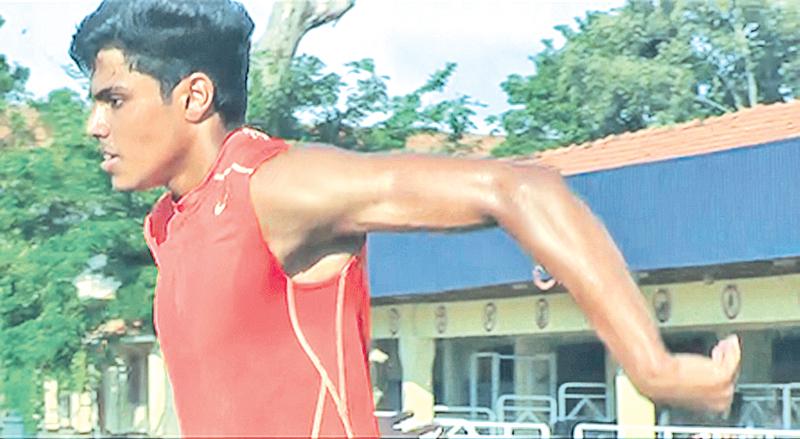
Gone are the days of Susanthika Jayasinghe, Sugath Thillakaratne, Damayanthi Dharsha and Sriyani Kulawansa who won medals in international meets, including the Commonwealth Games.
However, it is sad that Sri Lanka has not been able to produce at least one athlete who could have won at least a bronze medal at the recently concluded Asian Games in Indonesia.
What is ailing in sports in Sri Lanka? There can be several reasons for this slump. The main reason is poor planning.
Although several leading people like Sports Minister Faiszer Musthapha and president of the NOC Suresh Subramaniam had said that only those athletes who have reached qualifying standards will be sent, that did not seem to be the case.
Take for example, the best high jumper who had reached the qualifying mark, Ushan Thiwanka. He is just 20 years old and has a very bright future ahead. Instead, they took an aging jumper in Manjula Wijesekera who has been struggling to win a medal for a long time.
The best chance to win a medal was in golf and Sri Lanka sent three golfers who have turned professional now. But they had the best chance to win a medal in Indonesia. As things don’t work out well as usual, there were several protests regarding their status and the golfers had to be replaced with amateurs. They could not match the standards set by other golfers and failed to reach medal winning performances.
Didn’t the NOC official know that only amateurs can be sent to participate at these international events, including the Olympics?
Maxwell de Silva, Secretary of the National Olympic Committee (NOC) came out with some startling facts regarding the status of athletics in Sri Lanka. He said that this is not the Commonwealth Games and the standards are higher at the Asian Games. Nations like China, Japan and Korea produce athletes of high standards.This should be due to several reasons like facilities and training techniques and planning.
Take India for an example. At one time they too failed to produce medal winners at the Asian Games. They had just one athlete and that too, a woman P.T.Usha, who won the sole medal for India. The Indian Prime Minister at that time was so annoyed and declared that India should send only Usha for international meets in the future.
In the case of Sri Lanka, they sent hundreds of athletes who were uncertain of winning a medal. The reason for this increase in the numbers, including officials, is only known to the officials at the NOC.
Sometime ago, Subramaniam had revealed that when an athlete participates in his or her event he will have a chance to win a medal. This had happened in weightlifting at the Commonwealth Games in Melbourne and Delhi. But will this work always?
Maxwell de Silva went on to say that every sports association should take the responsibility for the decline in standards of their athletes.
“Every association should look into their planning and preparation of athletes. They should update the technical knowledge of their coaches and should know where we stand currently. We need to work for the next four years with the goal of reaching the qualifying standards.
They must also be exposed to international meets to face stiffer competition at all times so that the athlete will improve,” said de Silva.
